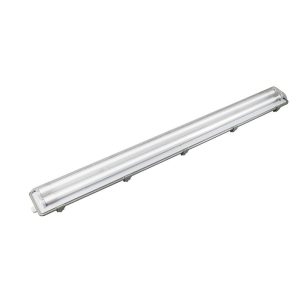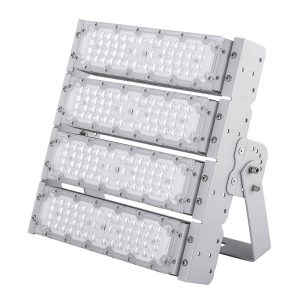Violet lamps, also known as violet light lamps, have gained significant attention in recent years due to their numerous applications and benefits. This article aims to provide an in-depth introduction to the violet lamp industry, covering its history, technology, applications, and future prospects.
History of Violet Lamps
The concept of violet lamps dates back to the early 20th century. However, it was not until the 1950s that violet lamps began to be used commercially. Initially, these lamps were used in scientific research and medical applications. Over time, their applications expanded to various industries, including manufacturing, electronics, and consumer products.
Technology of Violet Lamps
Violet lamps are based on the principle of emitting violet light through the use of specialized phosphors. These phosphors are excited by an electric current, which causes them to emit light at a specific wavelength. The most common types of violet lamps include mercury-vapor lamps, metal-halide lamps, and LED violet lamps.
Mercury-vapor lamps are known for their high efficiency and long lifespan. They produce a broad spectrum of light, including violet light, which is useful for various applications. Metal-halide lamps, on the other hand, offer a higher color temperature and better color rendering. LED violet lamps are gaining popularity due to their energy efficiency and compact size.
Applications of Violet Lamps
Violet lamps have a wide range of applications across different industries. Some of the key applications include:
- Manufacturing: Violet lamps are used in the manufacturing industry for various purposes, such as curing adhesives, bonding materials, and sterilizing equipment. Their ability to emit violet light at a specific wavelength makes them ideal for these applications.
- Electronics: Violet lamps are used in the electronics industry for inspecting and testing semiconductors and other electronic components. The violet light helps to reveal defects and imperfections that may not be visible under white light.
- Consumer Products: Violet lamps are used in consumer products, such as violet LED flashlights, for a variety of purposes, including hunting, camping, and inspecting jewelry.
- Medical Applications: Violet lamps are used in medical applications, such as phototherapy, to treat skin conditions like psoriasis and vitiligo. The violet light helps to stimulate the skin’s natural repair processes.
Market Trends and Future Prospects
The violet lamp industry is expected to grow at a steady pace in the coming years, driven by the increasing demand for energy-efficient and high-performance lighting solutions. Some key trends and future prospects include:
- Energy Efficiency: As the world moves towards sustainable energy solutions, energy-efficient violet lamps will become more popular. LED violet lamps are already gaining traction in this regard.
- Innovation: Continuous innovation in violet lamp technology will lead to new applications and improved performance. Researchers are working on developing more efficient and cost-effective violet lamps.
- <strong(Environmental Concerns: As environmental concerns grow, the industry will focus on developing eco-friendly violet lamps that have a lower impact on the environment.
Conclusion
Violet lamps have become an integral part of various industries, offering numerous benefits and applications. With the continuous advancements in technology and the growing demand for energy-efficient and high-performance lighting solutions, the violet lamp industry is expected to witness significant growth in the future. As a result, businesses and researchers alike should keep a close eye on the latest developments in this field.













Explore More from Queendom Lamp
Stay updated with the latest LED technology, lighting solutions, and industry insights.
Request a Quote About Queendom